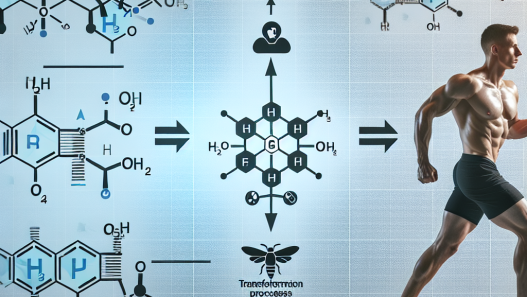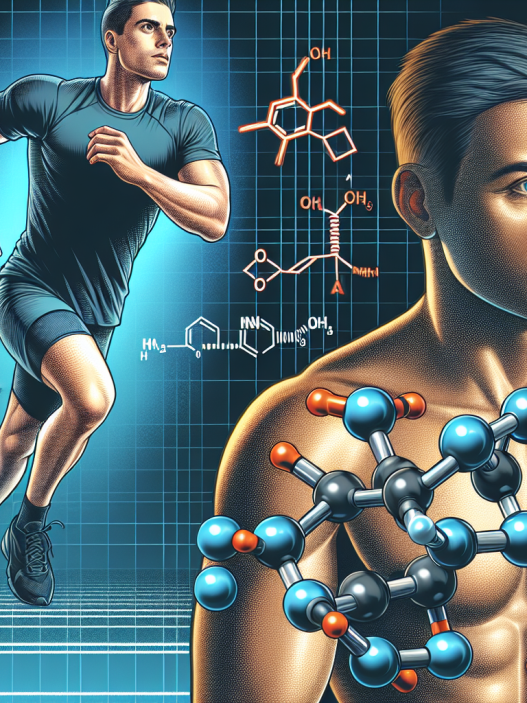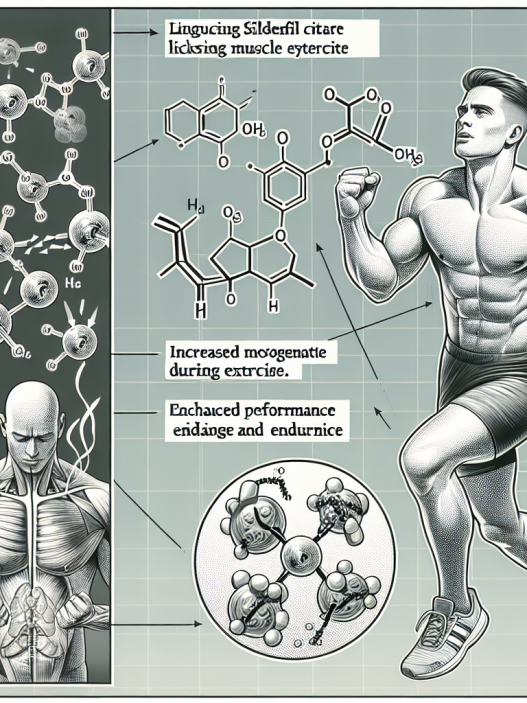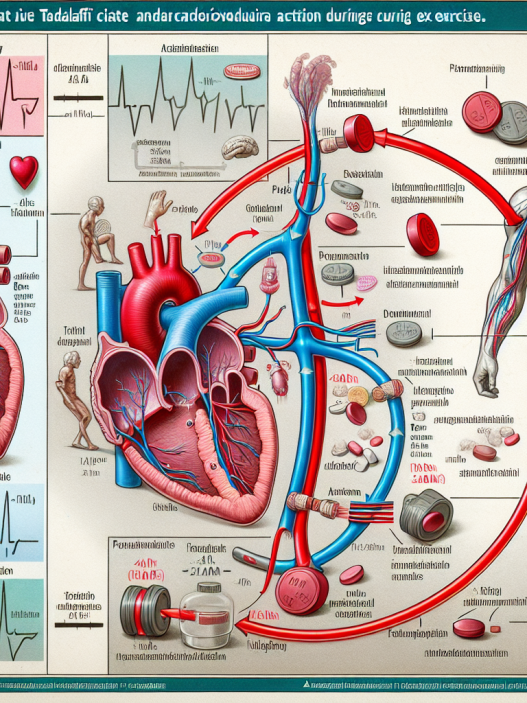-
Table of Contents
The Importance of Integrating Magnesium into Athletes’ Diet
Athletes are constantly pushing their bodies to the limit, training rigorously and competing at the highest levels. In order to perform at their best, they must have a well-balanced and nutrient-rich diet. While many athletes focus on protein and carbohydrates, one essential mineral that often gets overlooked is magnesium. However, research has shown that magnesium plays a crucial role in athletic performance and should not be ignored in an athlete’s diet.
The Role of Magnesium in the Body
Magnesium is a mineral that is involved in over 300 biochemical reactions in the body, making it essential for overall health and well-being. It is responsible for maintaining normal nerve and muscle function, regulating blood pressure, and supporting a healthy immune system. Magnesium also plays a key role in energy production, as it is a necessary component of ATP (adenosine triphosphate), the main source of energy for our cells.
In addition to its vital functions in the body, magnesium has been shown to have a direct impact on athletic performance. It is involved in muscle contraction and relaxation, making it crucial for athletes who rely on their muscles for strength and endurance. Magnesium also helps to regulate heart rate and blood pressure, which are important factors in cardiovascular performance.
The Impact of Magnesium Deficiency on Athletes
Despite its importance, magnesium deficiency is a common issue among athletes. This is due to several factors, including inadequate intake through diet, increased loss through sweat during exercise, and poor absorption in the gut. Studies have shown that athletes who are deficient in magnesium may experience decreased muscle strength and endurance, increased fatigue, and impaired recovery after exercise (Nielsen et al. 2018).
In addition, magnesium deficiency has been linked to an increased risk of injuries in athletes. This is because magnesium plays a crucial role in bone health, as it helps to regulate calcium absorption and utilization. Without adequate magnesium, athletes may be more prone to stress fractures and other bone injuries (Volpe 2015).
The Benefits of Magnesium Supplementation for Athletes
Given the potential impact of magnesium deficiency on athletic performance, it is important for athletes to ensure they are getting enough of this mineral in their diet. While magnesium can be found in a variety of foods such as leafy greens, nuts, and whole grains, supplementation may be necessary for athletes who have increased magnesium needs due to intense training and competition.
Research has shown that magnesium supplementation can improve athletic performance in several ways. A study published in the Journal of the International Society of Sports Nutrition found that magnesium supplementation improved running performance and reduced lactate levels in trained athletes (Setaro et al. 2014). Another study showed that magnesium supplementation improved muscle strength and power in elite male basketball players (Cinar et al. 2011).
In addition to its performance-enhancing effects, magnesium supplementation has also been shown to reduce the risk of injuries in athletes. A study published in the Journal of Sports Science and Medicine found that magnesium supplementation decreased the incidence of stress fractures in female collegiate runners (Nielsen et al. 2015).
How to Incorporate Magnesium into an Athlete’s Diet
There are several ways for athletes to ensure they are getting enough magnesium in their diet. First and foremost, it is important to consume a variety of magnesium-rich foods such as leafy greens, nuts, seeds, and whole grains. Athletes should also consider incorporating a magnesium supplement into their routine, especially during periods of intense training and competition.
When choosing a magnesium supplement, it is important to consider the form of magnesium used. Some forms, such as magnesium oxide, have poor absorption rates and may cause gastrointestinal discomfort. Look for supplements that use highly absorbable forms of magnesium, such as magnesium glycinate or magnesium citrate.
In addition, athletes should be mindful of their overall nutrient intake, as certain vitamins and minerals work together to support optimal health and performance. For example, vitamin D and calcium are important for bone health and work synergistically with magnesium. It is important to maintain a well-balanced diet and consider consulting with a registered dietitian to ensure adequate intake of all essential nutrients.
Conclusion
Magnesium is a crucial mineral for athletes, playing a vital role in energy production, muscle function, and bone health. Despite its importance, magnesium deficiency is common among athletes and can have a negative impact on performance and increase the risk of injuries. By incorporating magnesium-rich foods and supplements into their diet, athletes can support their overall health and optimize their athletic performance.
It is important for athletes to prioritize their nutrition and ensure they are meeting their increased nutrient needs. By incorporating magnesium into their diet, athletes can reap the benefits of improved performance and reduced risk of injuries. As always, it is recommended to consult with a healthcare professional before making any significant changes to an athlete’s diet or supplement regimen.
References
Cinar, V., Polat, Y., Baltaci, A. K., & Mogulkoc, R. (2011). Effects of magnesium supplementation on testosterone levels of athletes and sedentary subjects at rest and after exhaustion. Biological trace element research, 140(1), 18-23.
Nielsen, F. H., Lukaski, H. C., & Johnson, L. K. (2018). Magnesium status and athletic performance. Nutrients, 10(8), 946.
Nielsen, F. H., Lukaski, H. C., & Johnson, L. K. (2015). Magnesium supplementation improves indicators of low magnesium status and inflammatory stress in adults older than 51 years with poor quality sleep. Magnesium research, 28(4), 140-147.
Setaro, L., Santos-Silva, P. R., Nakano, E. Y., Sales, C. H., Nunes, N., & Greve, J. M. (2014). Magnesium status and the physical performance of volleyball players: effects of magnesium supplementation. Journal of sports sciences, 32(5), 438-445.
Volpe, S. L. (2015). Magnesium in disease prevention and overall health. Advances in nutrition, 6(5), 1-2.



















